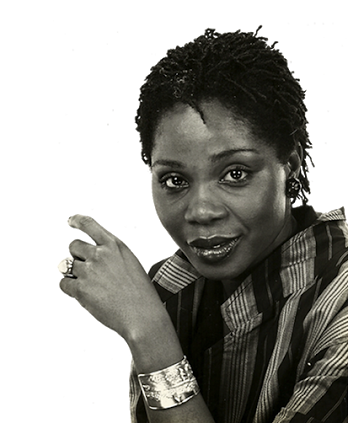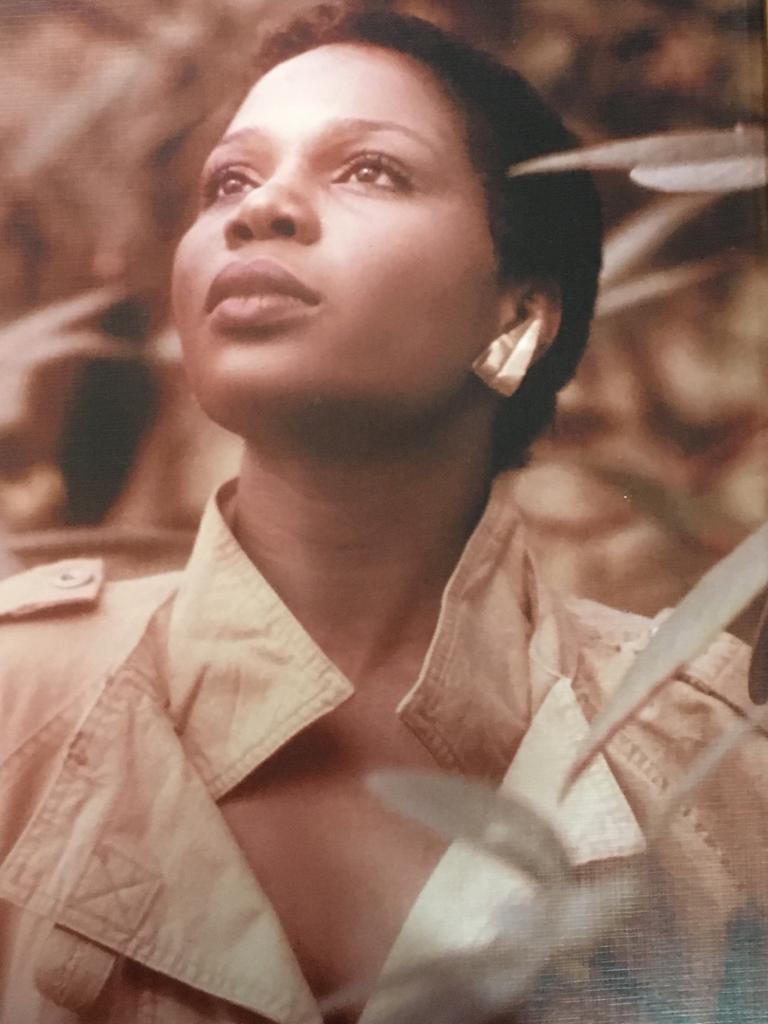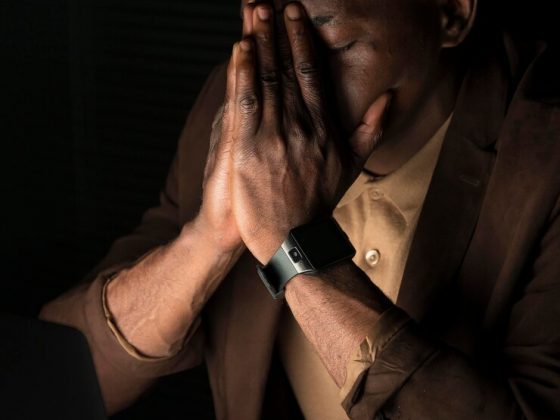Onyeka Onwenu, a woman whose multifaceted career spanned music, film, journalism, and politics, passed away at 72. Known affectionately as the “Elegant Stallion,” Onyeka’s journey is one of remarkable achievement and resilience. Her legacy in Nigeria’s cultural and political landscape remains profound and enduring.
Early Life and Education
Born on May 17, 1952, in Arondizuogu, Imo State, Onyeka was the daughter of D.K. Onwenu, a politician, and Hope Onwenu, a singer. Tragedy struck early when she lost her father in an auto crash at just four years old. Despite this early loss, Onyeka’s mother nurtured her talents and aspirations, laying a foundation that would see her rise to prominence.
Onyeka’s educational journey took her to the United States, where she attended Wellesley College in Massachusetts, earning a BA in International Relations and Communication. She furthered her studies with a master’s in media studies from The New School for Social Research in New York. This academic background equipped her with a unique perspective that she would bring to her diverse career.




Career Beginnings
Upon her return to Nigeria in 1980, Onyeka joined the Nigerian Television Authority (NTA) for her mandatory one-year national service. It was during this time that she began her music career, releasing her debut album “For the Love of You” in 1981. The album marked the beginning of a new era in Nigerian music, blending contemporary sounds with traditional African rhythms.
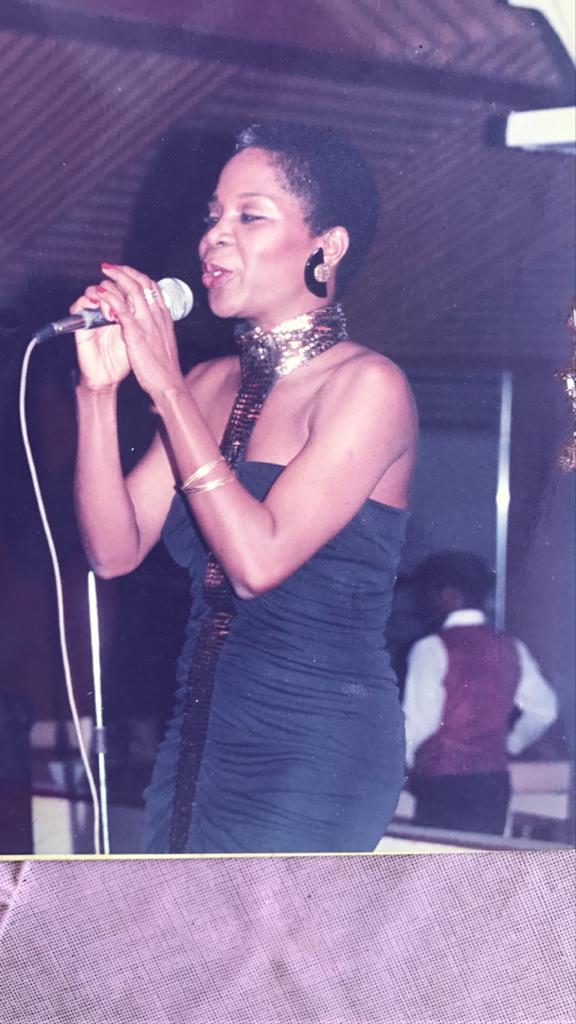
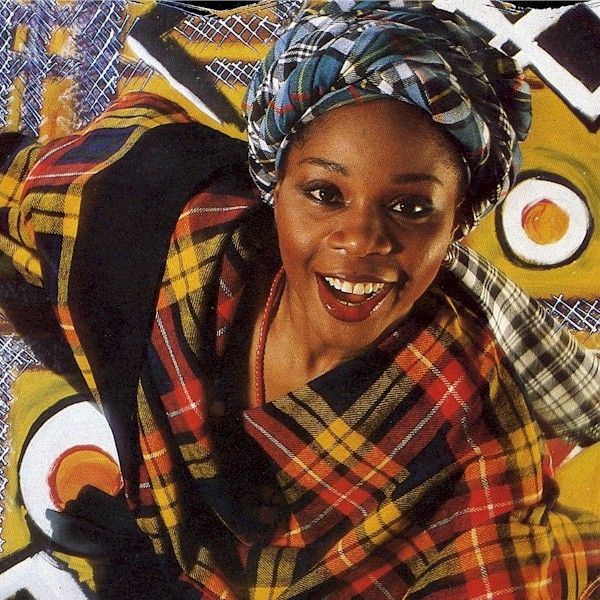
Musical Achievements
Onyeka’s music career is studded with hits that have become classics in Nigerian music. Songs like “One Love,” “Iyogogo,” “You and I,” and “Ekwe” resonated with audiences, earning her a place among the greats of Nigerian music. Her collaboration with King Sunny Ade on tracks like “Mada Wolohun” (Let Them Say), “Wait for Me,” and “Choices” showcased her versatility and ability to address social issues through music.
Her contributions to the music industry were not just limited to her recordings. In 2013, she served as one of the judges on the Nigerian version of The X Factor, helping to mentor and inspire a new generation of Nigerian musicians.
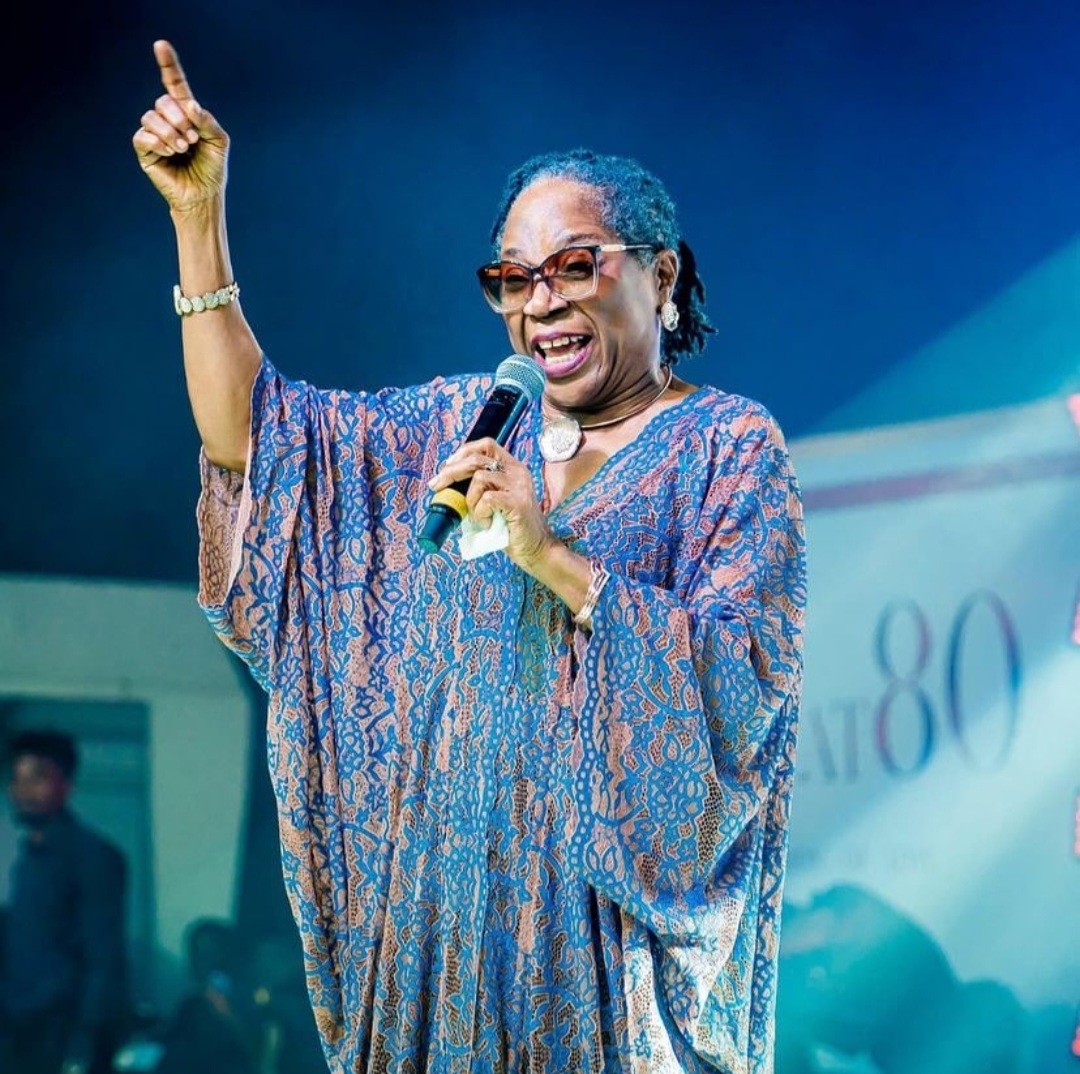
Acting Career
Onyeka’s talents were not confined to music alone. She made significant strides in Nollywood, Nigeria’s burgeoning film industry. Her roles in films such as “Half of a Yellow Sun,” “Muna,” and “Mothers-in-Law” demonstrated her acting prowess. In 2006, she won the African Movie Academy Award for Best Actress in a Supporting Role, solidifying her status as a versatile performer.
Her role in the 2014 adaptation of Chimamanda Ngozi Adichie’s novel “Half of a Yellow Sun,” alongside stars like Chiwetel Ejiofor and Thandie Newton, was particularly notable. The film brought international attention to Nollywood and showcased the depth of talent within the industry.
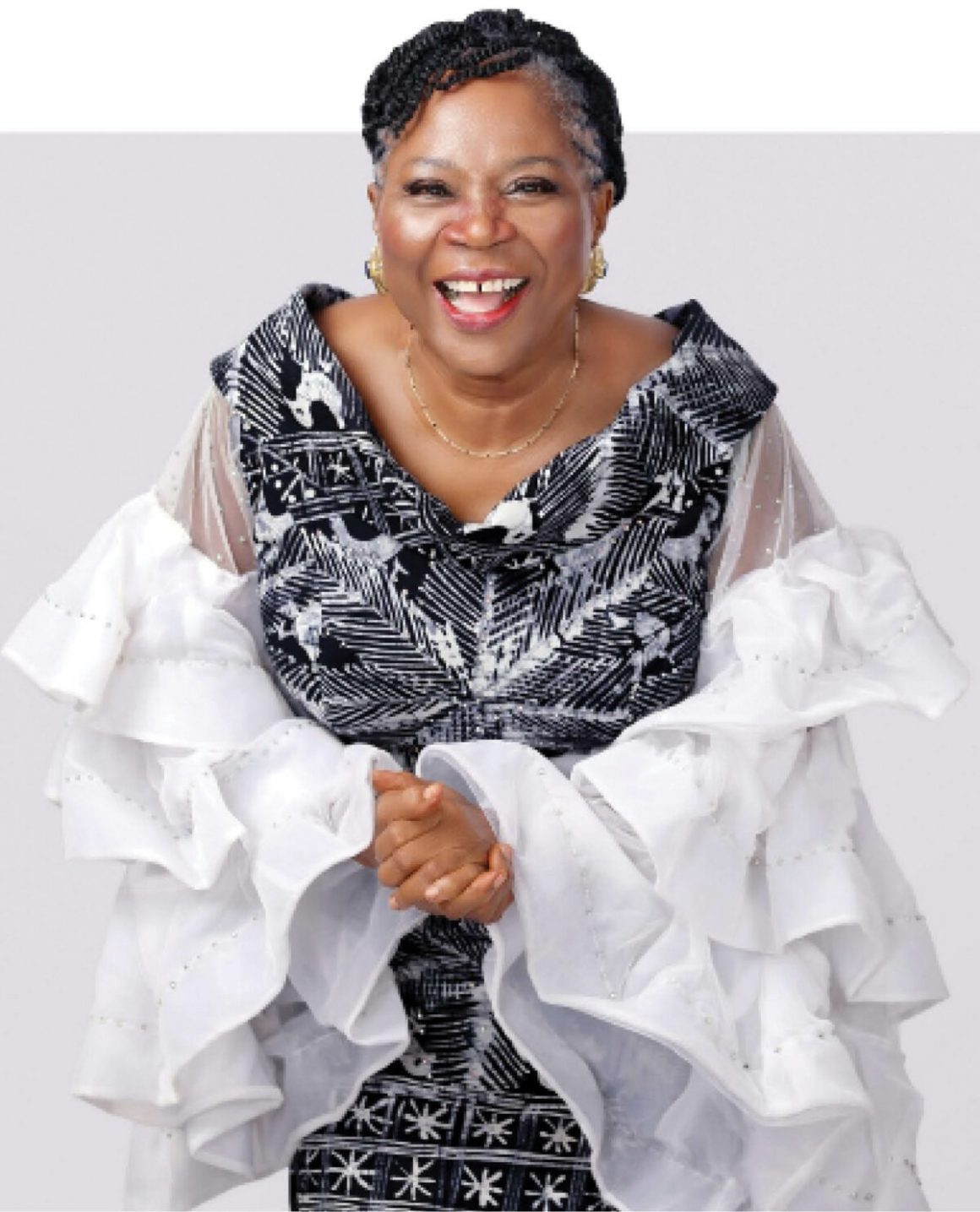
Journalism and Advocacy
Onyeka was not just a performer but also a voice for change. Her work as a journalist included writing and narrating the 1984 documentary “Nigeria: A Squandering of Riches,” a collaboration between the BBC and NTA that highlighted corruption in Nigeria. This work underscored her commitment to using media as a tool for social change.
Her advocacy extended to women’s rights and development. Appointed as the Executive Director/Chief Executive Officer of the National Centre for Women Development by President Goodluck Jonathan in 2013, Onyeka worked tirelessly to advance the cause of women in Nigeria.
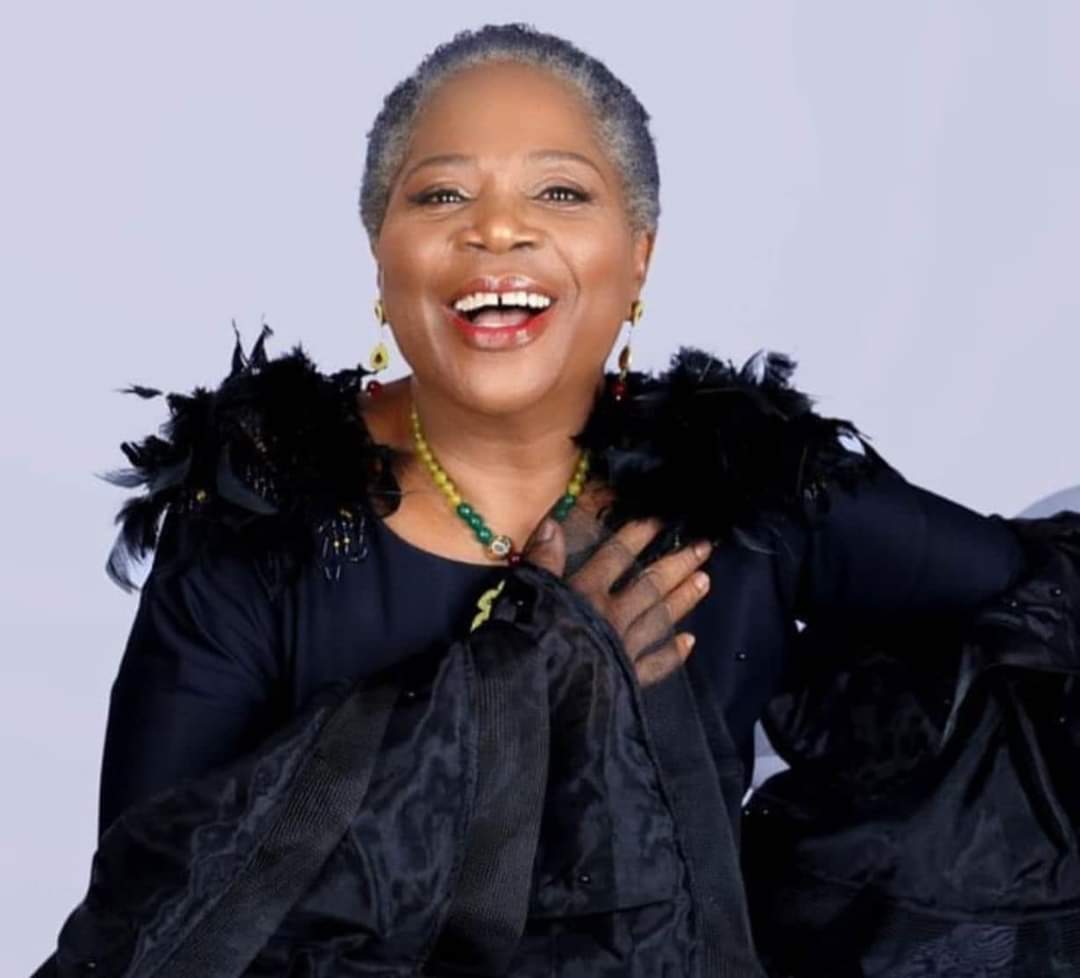
Political Career
Onyeka’s foray into politics saw her joining the People’s Democratic Party (PDP) and becoming a significant figure in Nigerian public service. Her leadership of the Imo State Council for Arts and Culture and later the National Centre for Women Development reflected her dedication to cultural and social development.
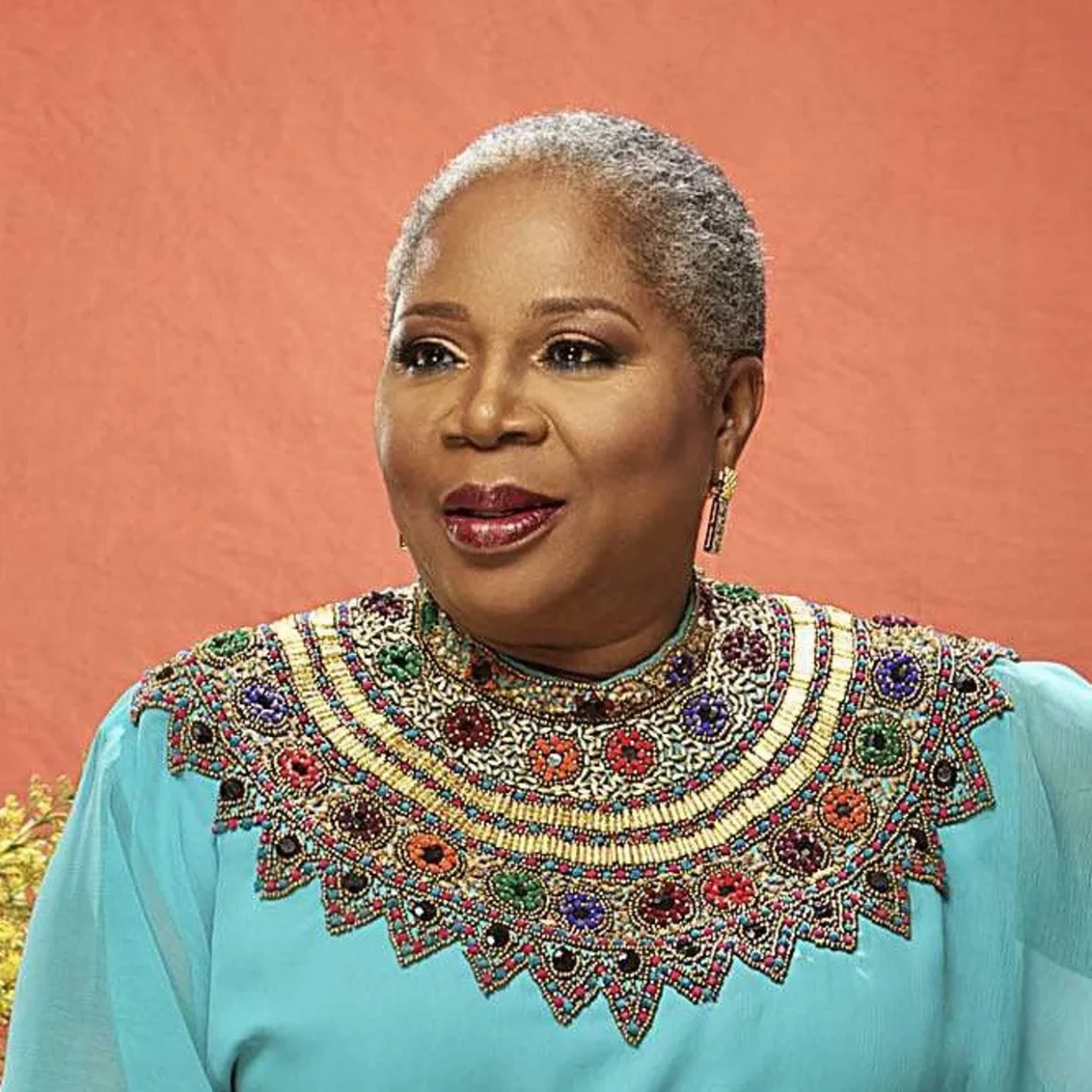
Personal Life and Legacy
Onyeka Onwenu was a woman of many talents but was also a devoted mother to her two sons, Tijani Charles and Abraham. She raised her children with a fierce independence, often sharing how she chose to leave a difficult marriage to ensure she could provide a nurturing environment for them. Her commitment to her family was unwavering, and she often spoke about balancing her career and personal life.
Her memoir, “My Father’s Daughter,” published in 2021, offered an intimate look at her life, including her experiences in the male-dominated music and film industries and her encounters with other Nigerian icons like Fela Kuti.
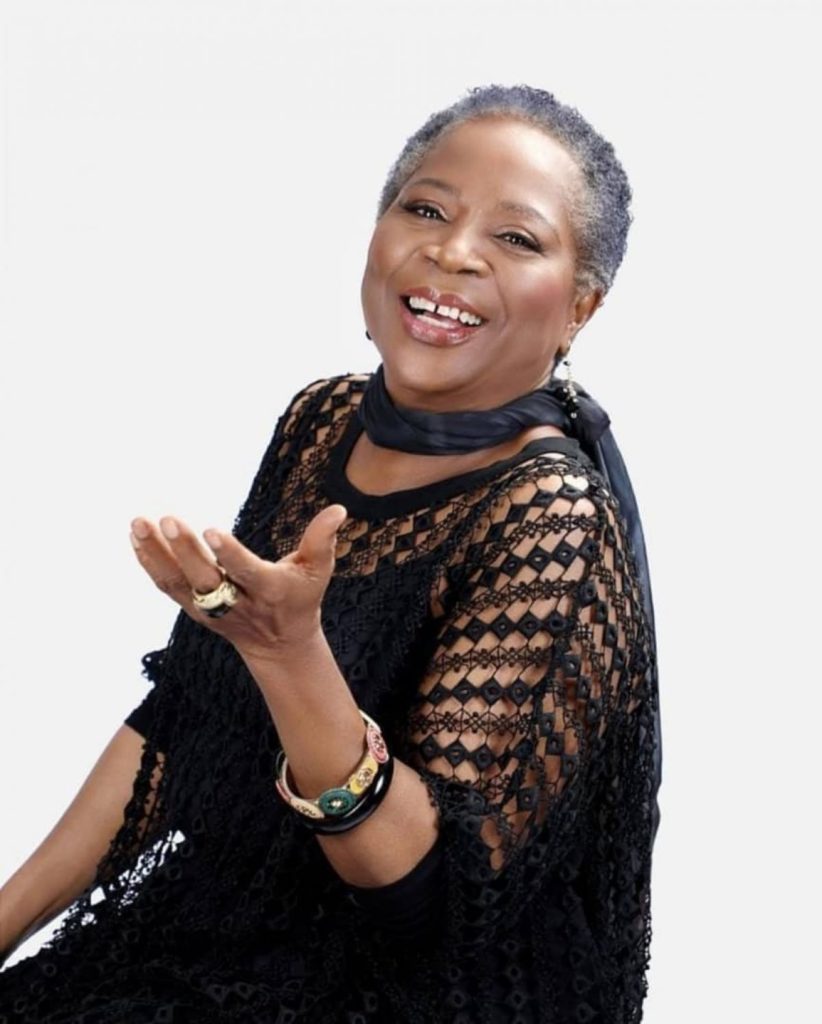
Final Performance and Passing
Onyeka’s final performance took place at a private party in Lagos. She had just finished captivating her audience with her timeless voice when she suddenly fell ill. Hours later, she passed away at a nearby hospital. Her passing sent shockwaves through Nigeria and the global community, with tributes pouring in from all corners of the world. It also marks the end of an era, but her legacy lives on through her music, films, and the countless lives she touched through her activism and public service.
